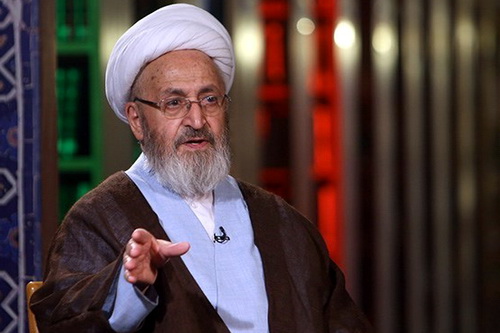Hawzah News Agency (Qom, Iran) – After the passing away of the Holy Prophet, one of the questions that engaged Muslim thinkers was that of the nature of human action. One group adopted the viewpoint of determinism (jabr), regarding man as an intrinsically constrained agent; another group took the diametrically opposite position, conceiving of man as an entity delivered up entirely to his own resources, his actions having no connection at all with God. Both groups upheld an exclusivist point of view: action either devolved entirely upon man or entirely upon God, it was either human power that was effective or divine power.
There is, however, a third perspective, the one upheld by the Holy Imams of the ahl al-bayt. Imam Sadiq (as) stated: ‘Neither compulsion (jabr) nor complete freedom (tafwid): rather, something between the two.’
In other words, although action devolves upon man, it is also dependent upon God; for the action proceeds from the human agent, but since in reality the agent, along with his power, is created by God, how can one consider the action of such an agent to be independent of God?
The way in which the ahl al-bayt (pbut) clarify the reality of human action is nothing other than the way of the Quran. This revealed Scripture occasionally refers action both to its immediate agent and to God, rendering one and the same action susceptible of dual attribution. As the following verse says:
...
And thou threwest not when thou didst throw [a handful of dust [, but God threw. (Sura al-Anfal, VIII:17)
The meaning here is that whenever the Holy Prophet undertook an action, he did not do so on the sole basis of his independent agency or power; rather, the action was accomplished through the power of God. Thus, the attribution of the action to two sources is sound and correct. Put differently, the power and might of God are present within every phenomenon; this touches upon a mystery which we might try and comprehend by means of the following simile: A current of electricity, generated by a power station, is present in electric wires; however, it is we who switch the lights on and off. It is correct to say that we switch on the light, just as it is also correct to say that the light of the bulb is derived from the electric current.
Reference:
Ayatollah Jafar Sobhani, Doctrines of Shii Islam, A Compendium of Imami Beliefs and Practices, Translated and Edited by Reza Shah-Kazemi, published by I.B.Tauris Publishers, London • New York 2003

